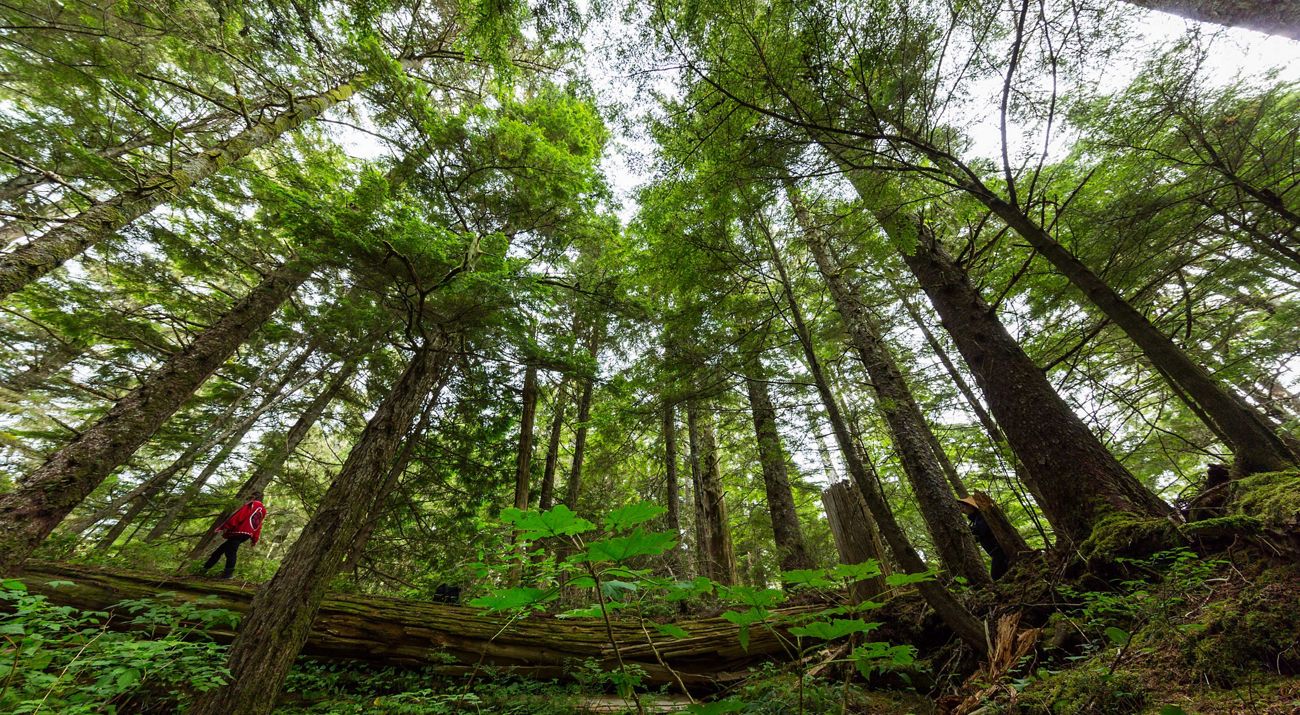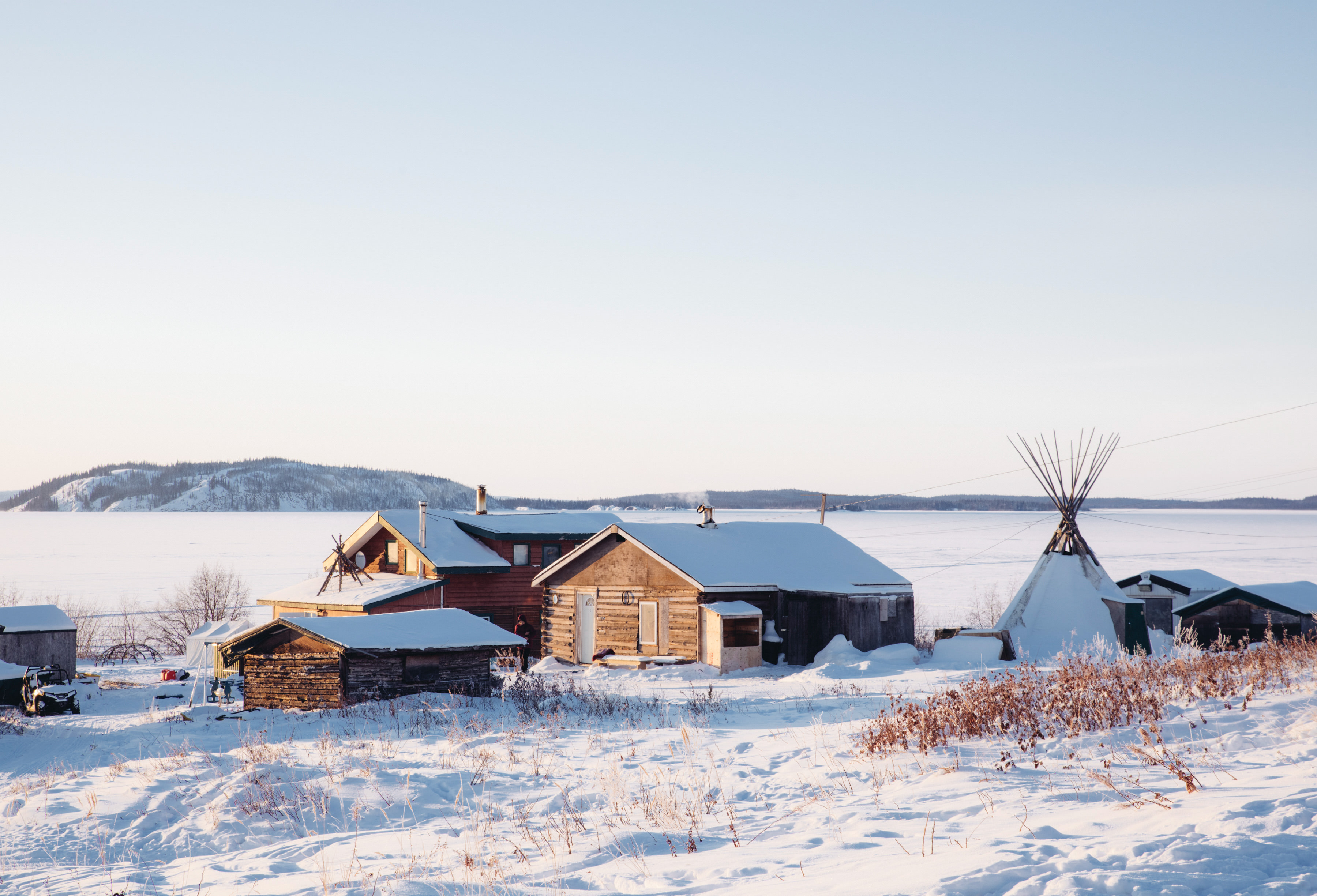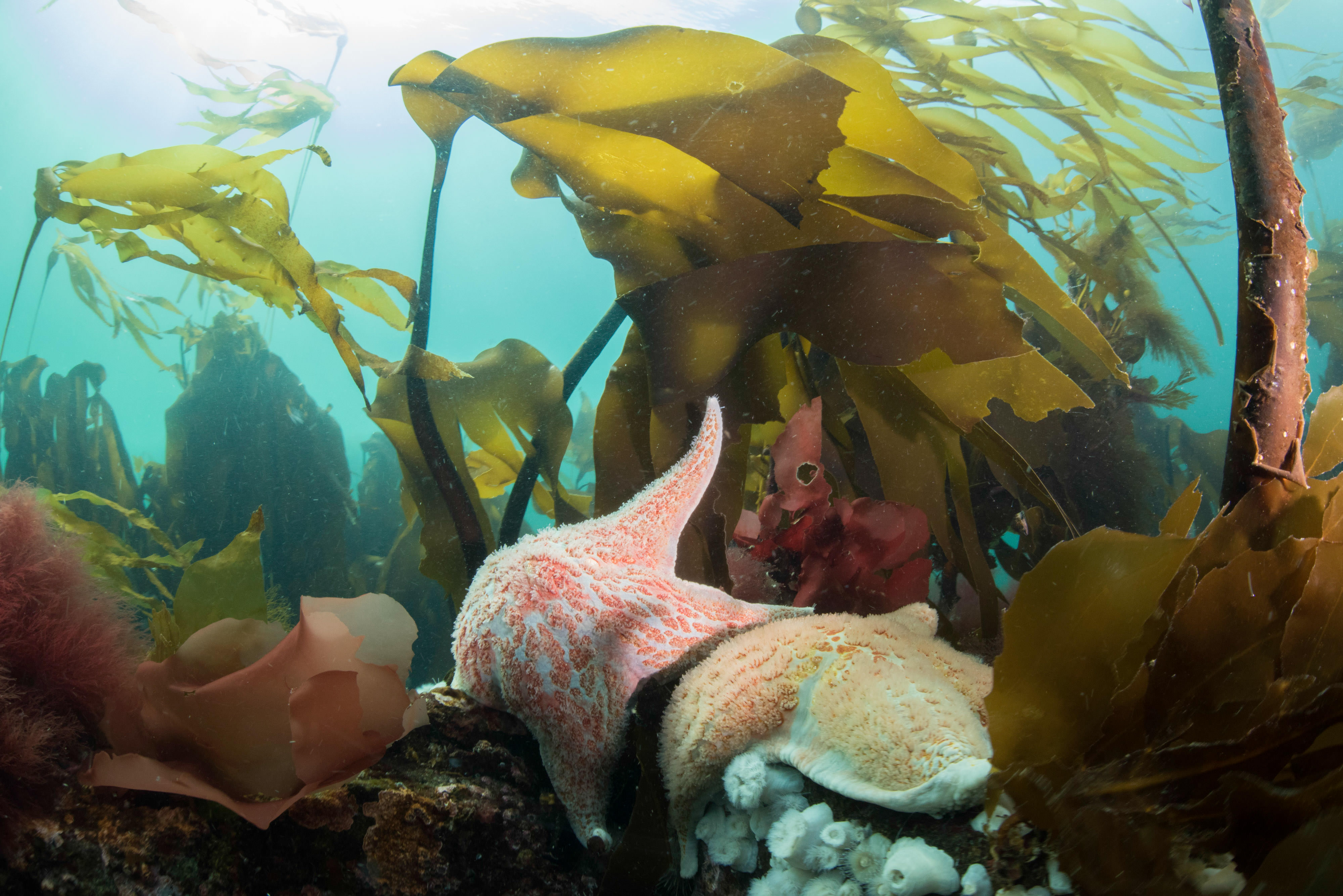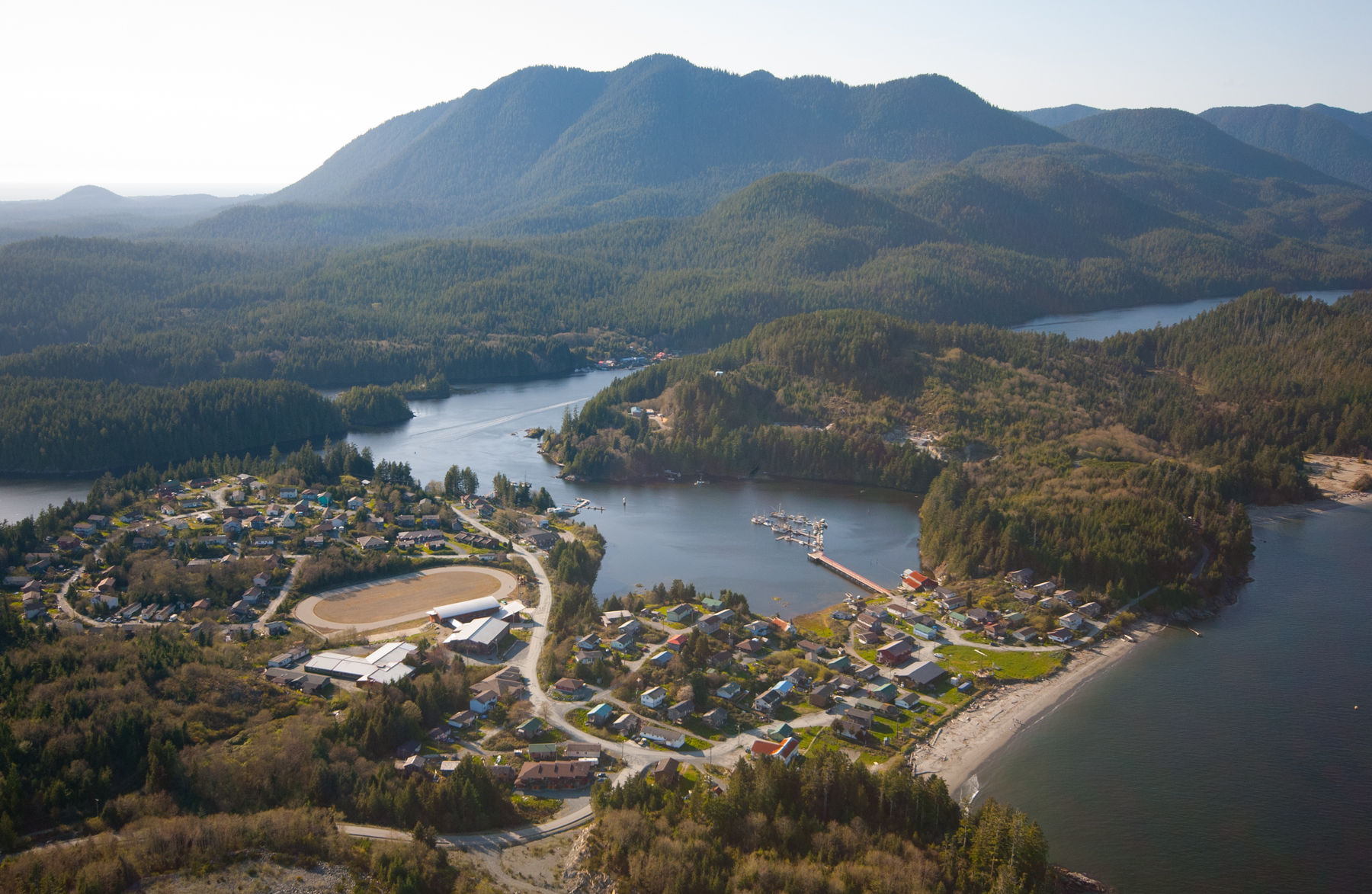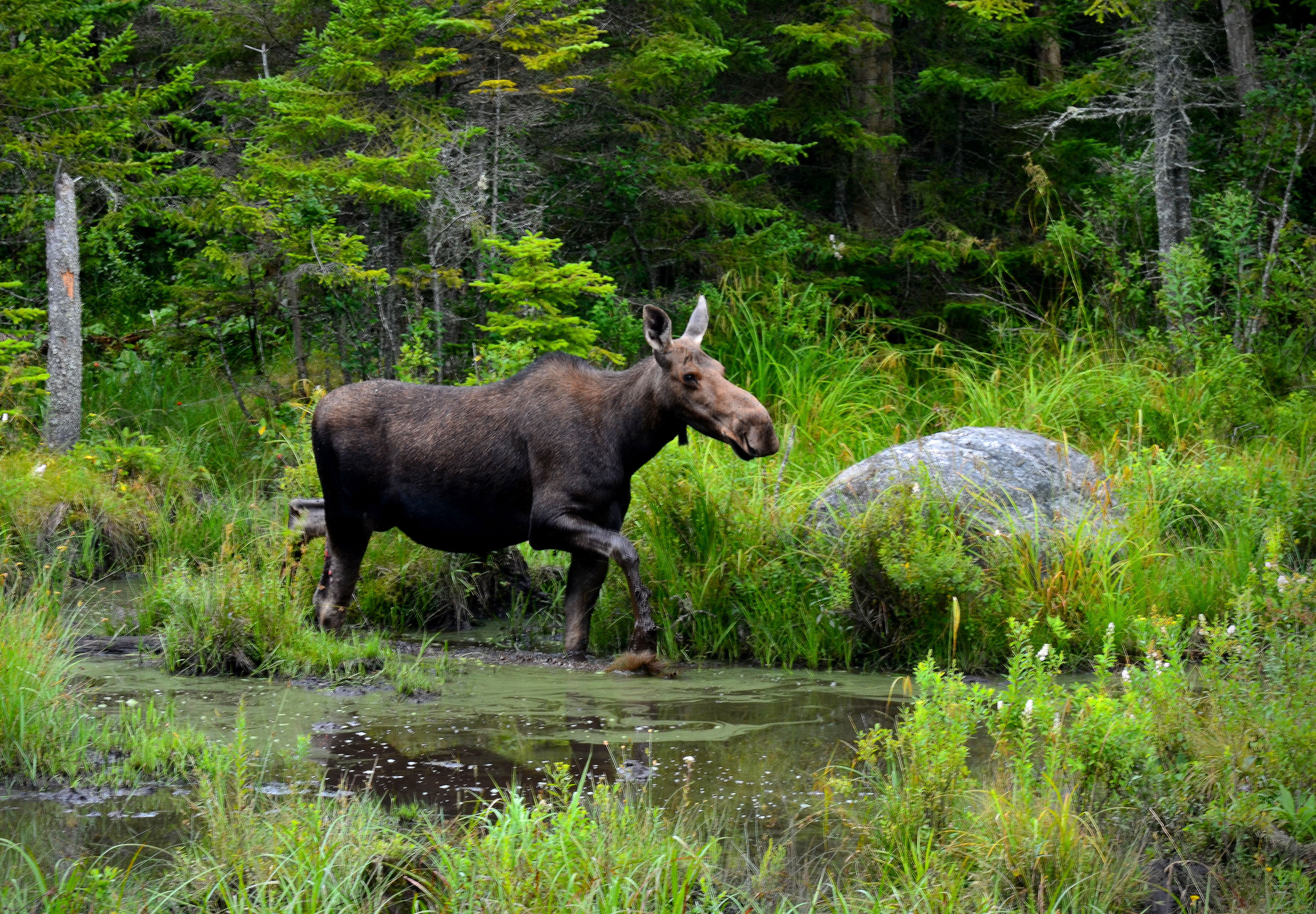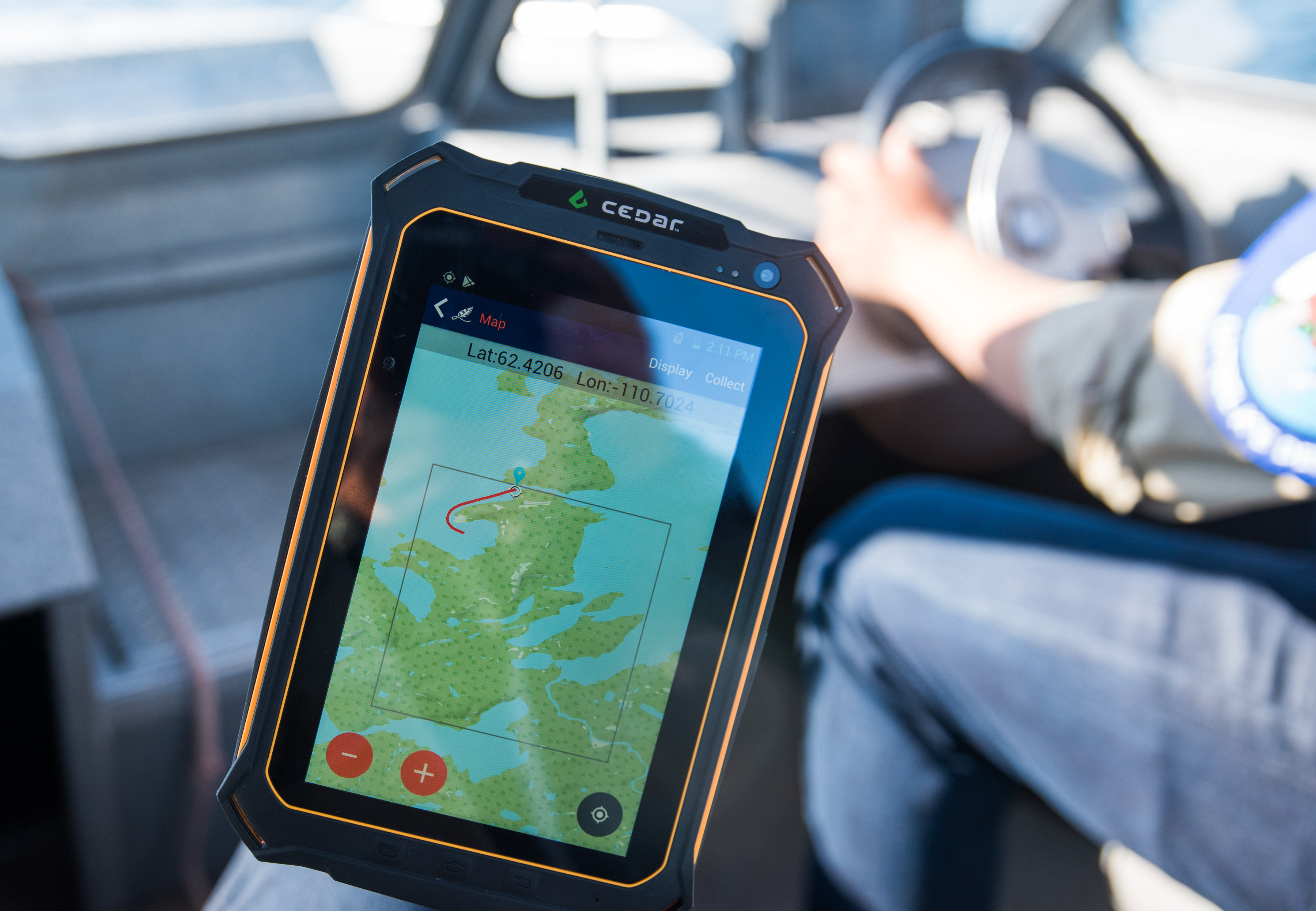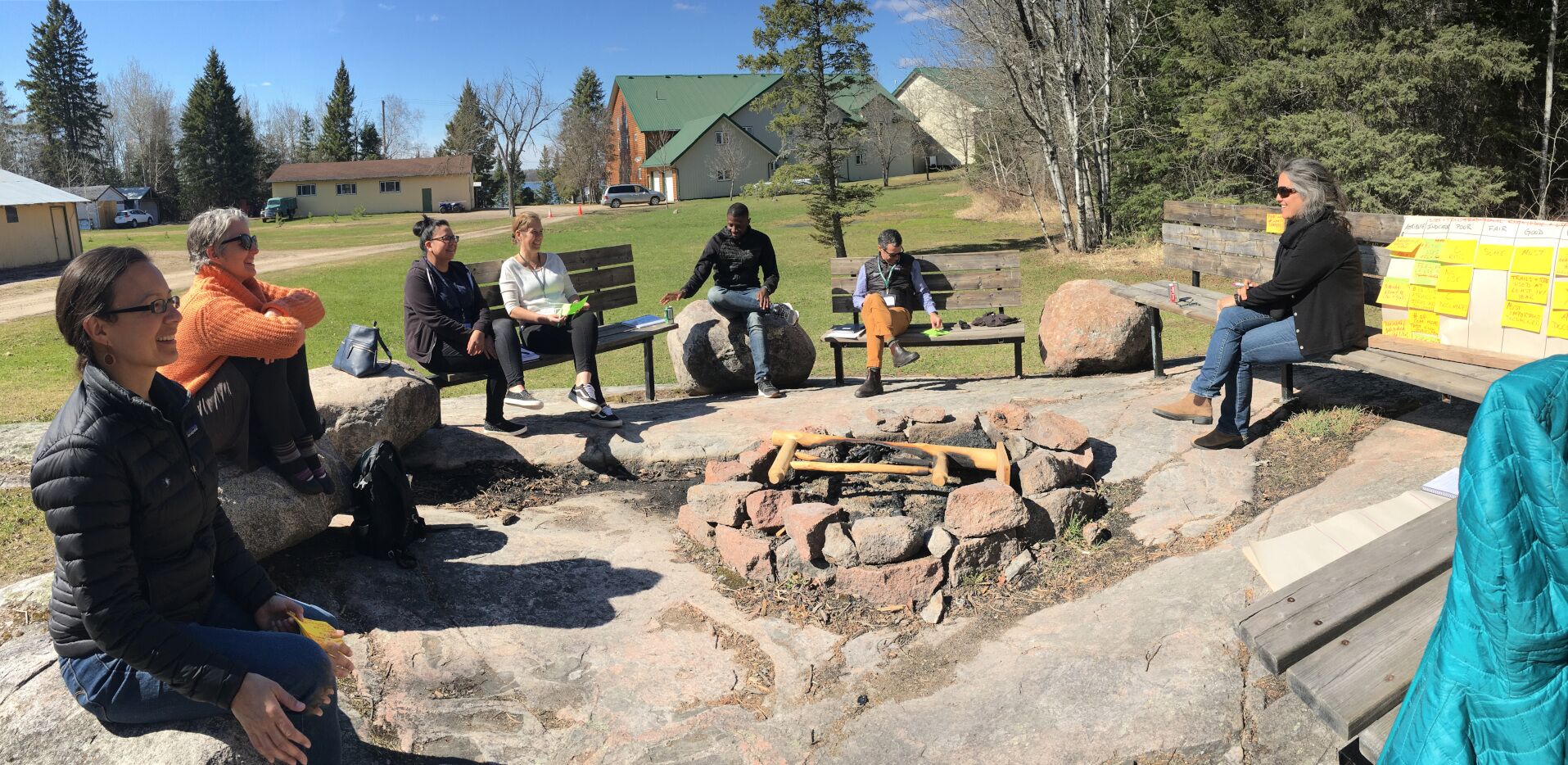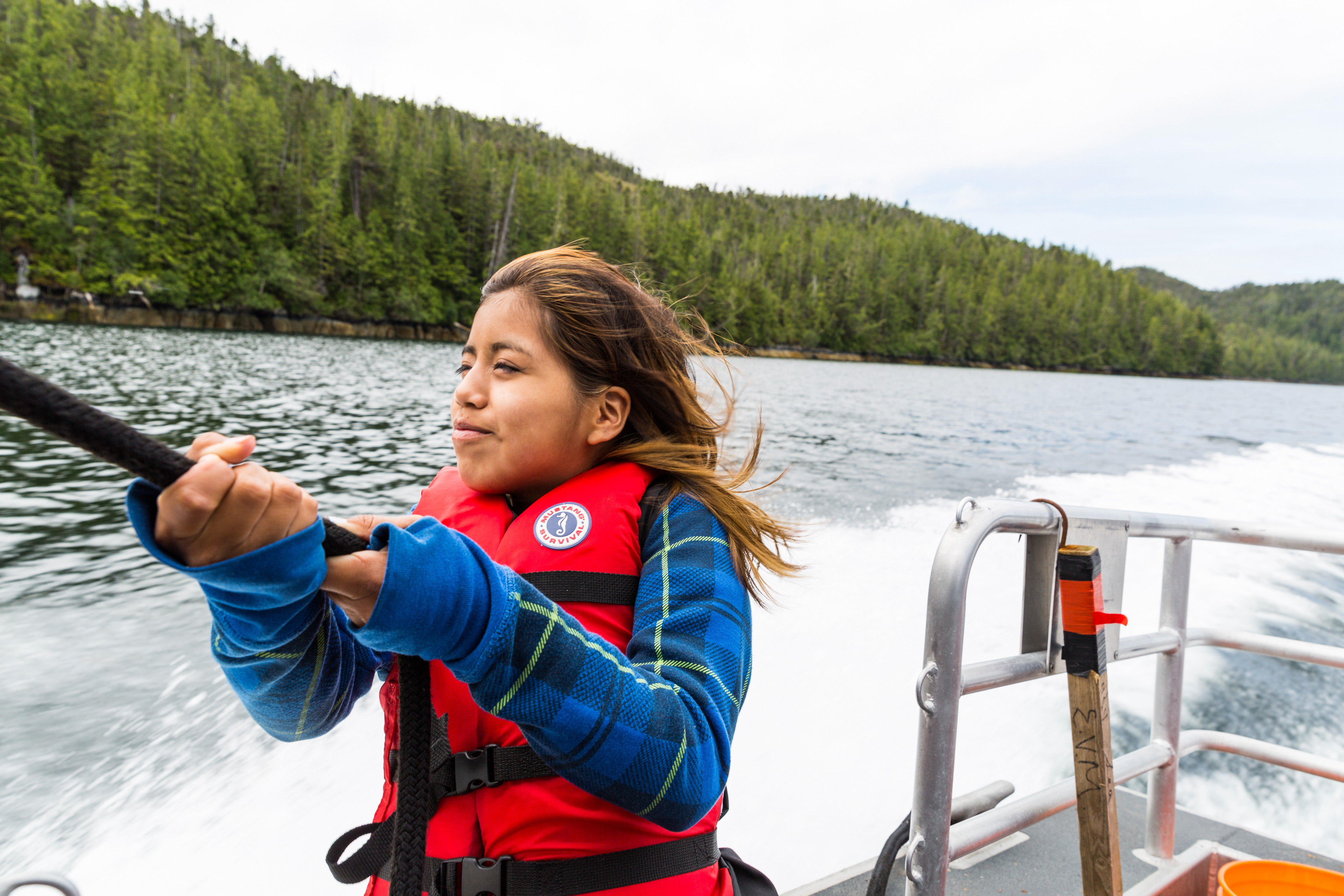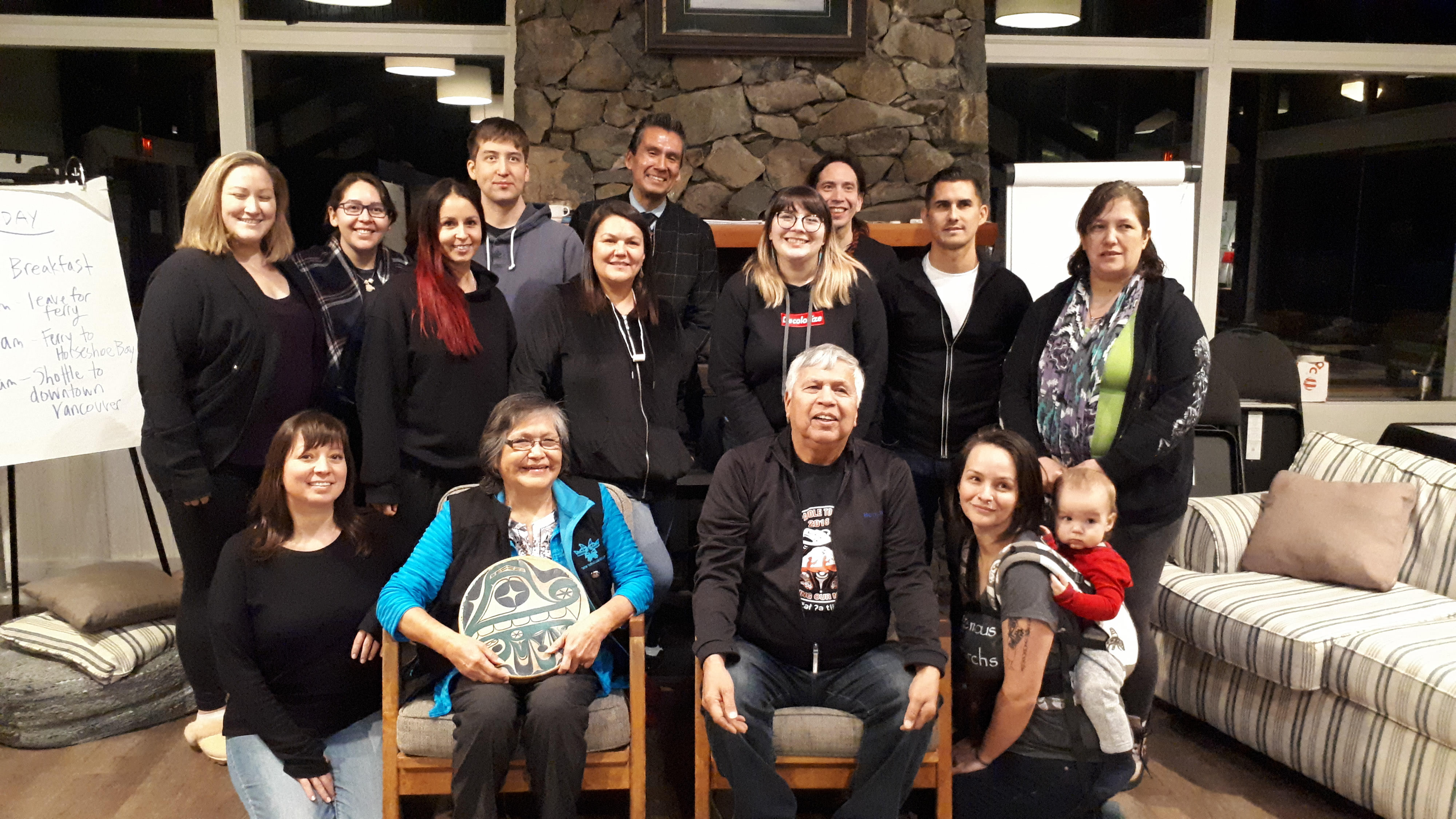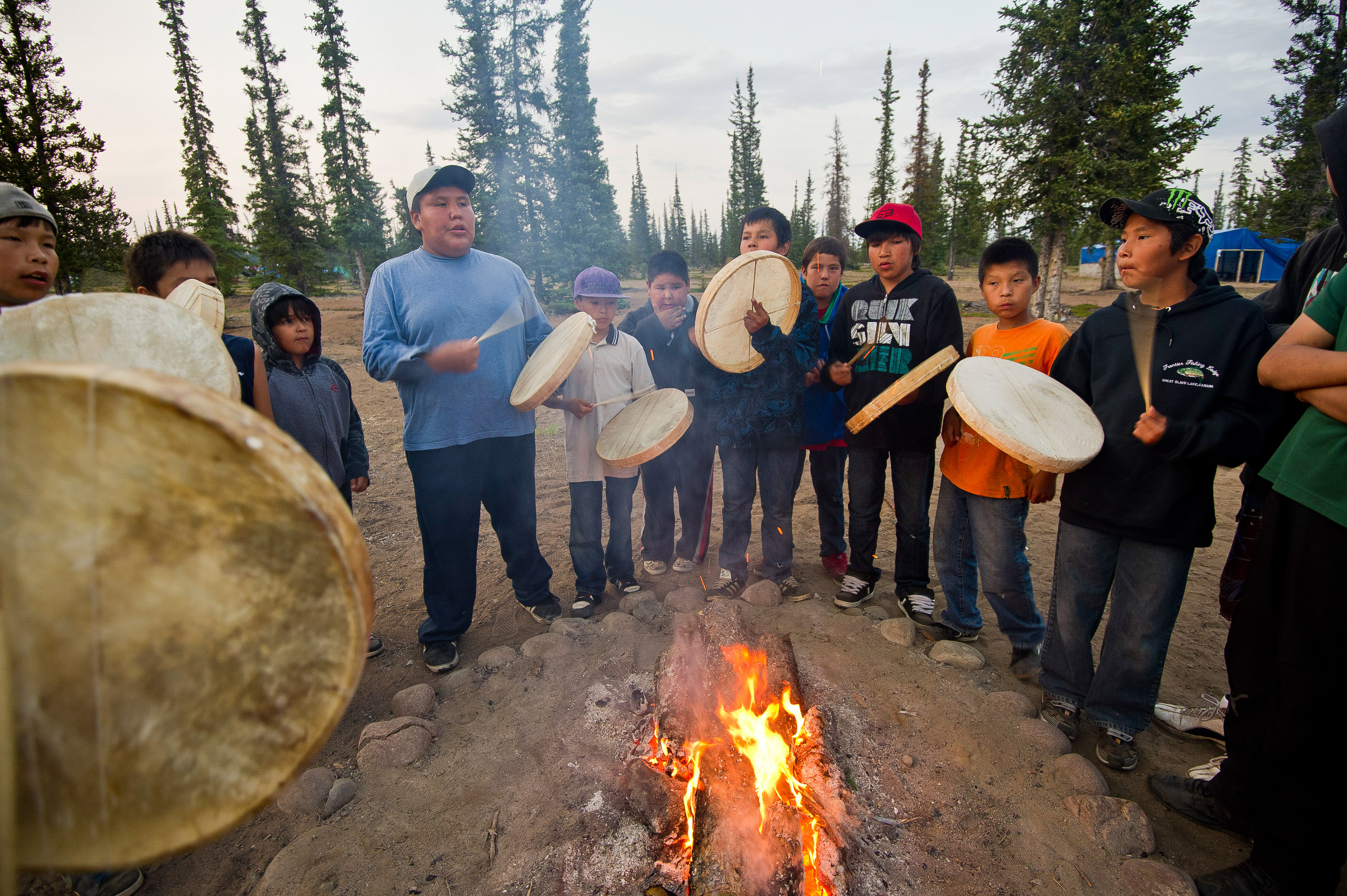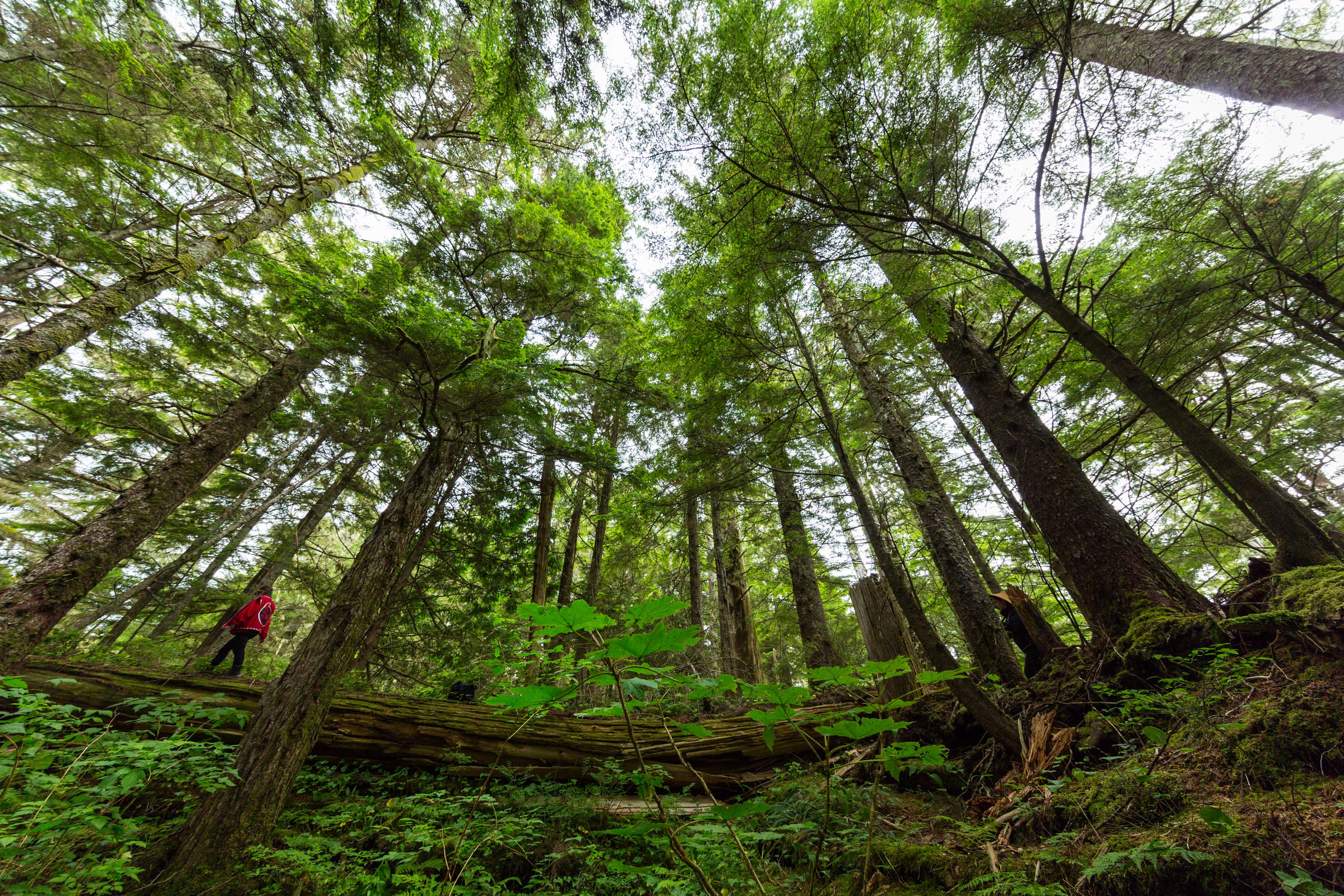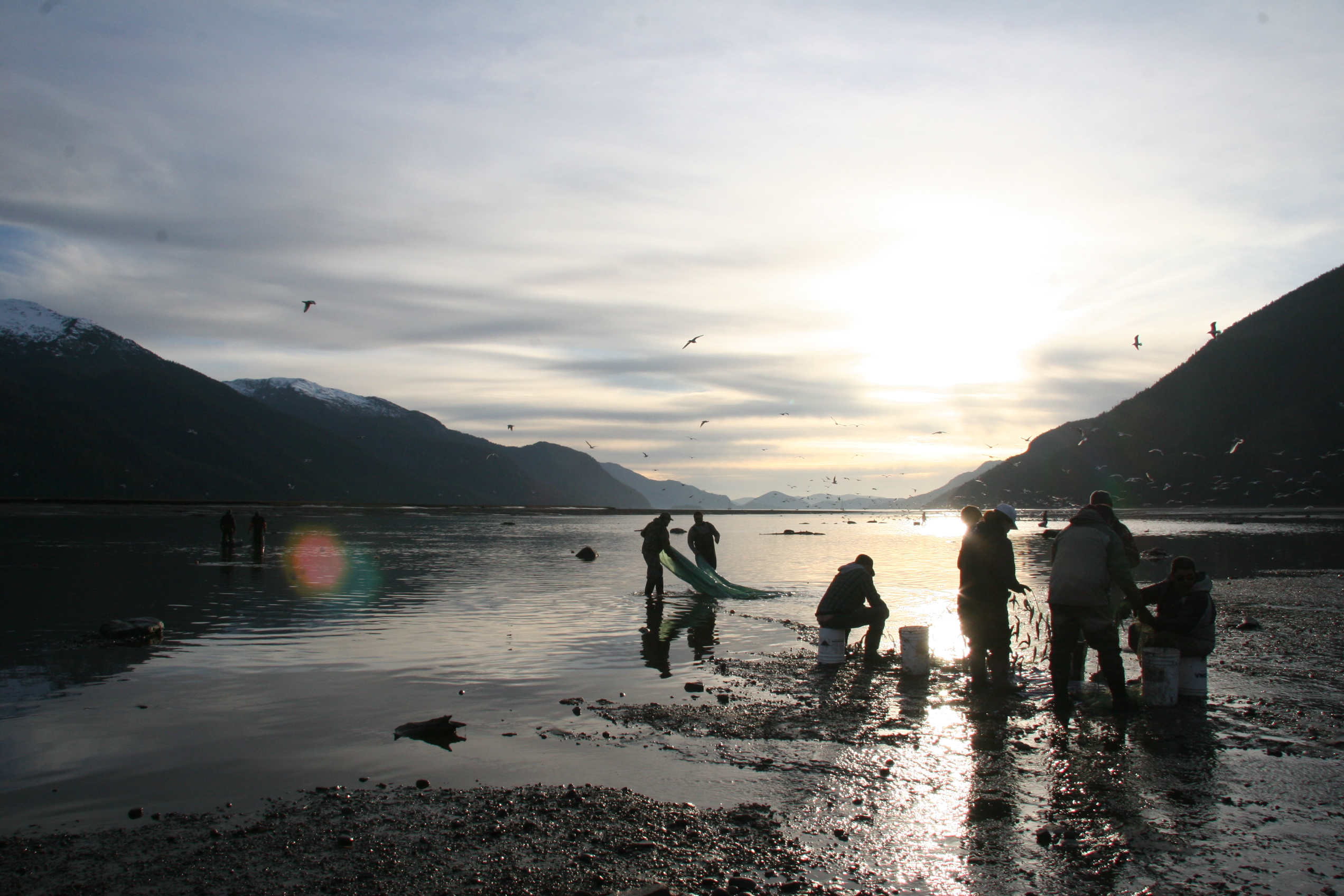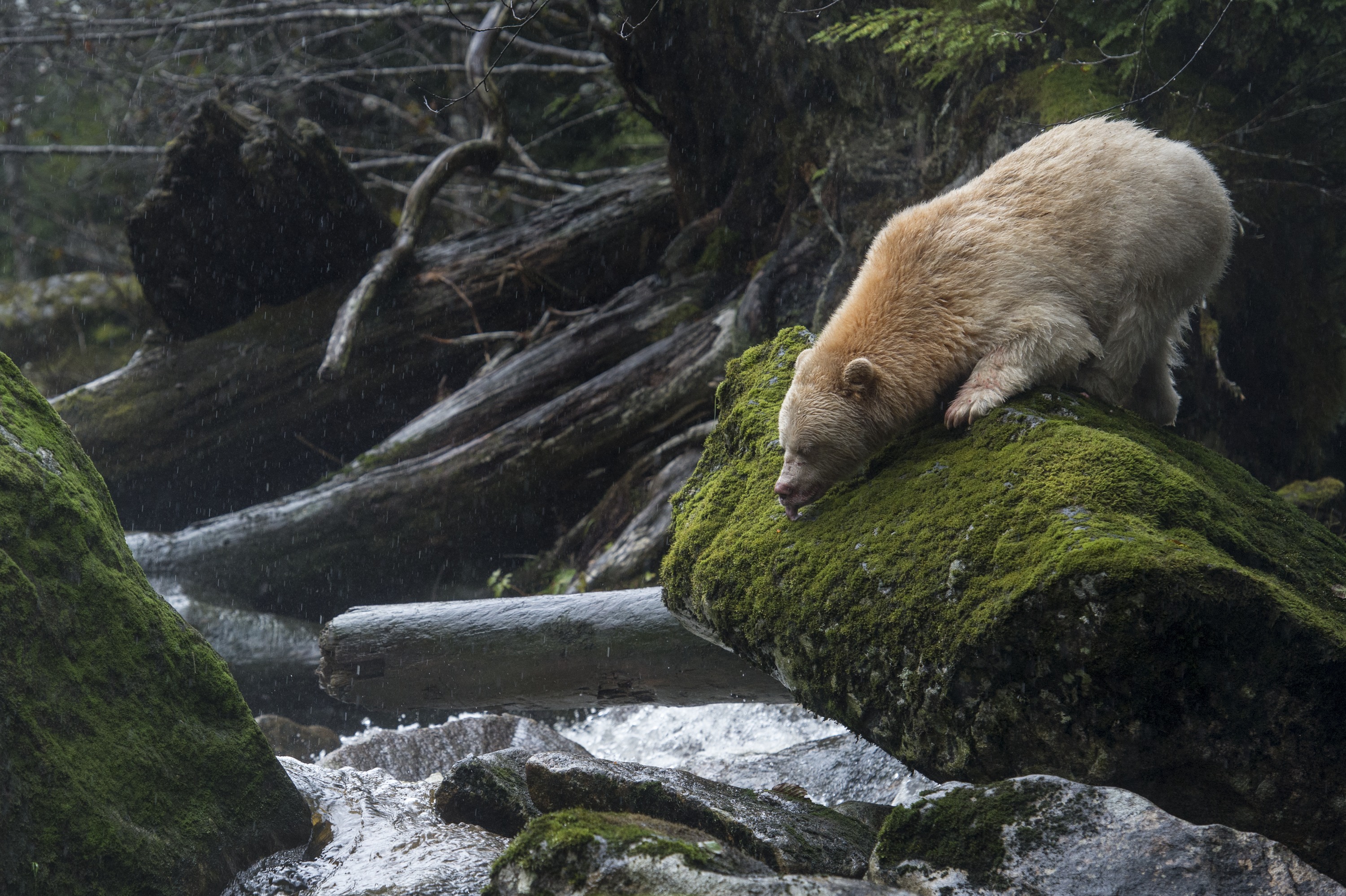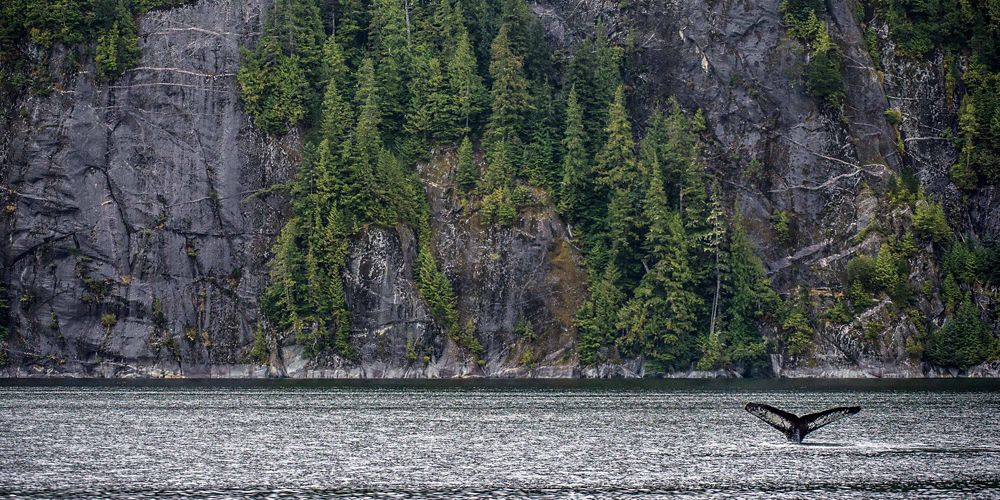We Are Committed to Working in Respectful Partnership
As an organization, Nature United believes that the increased authority and capacity of Indigenous Peoples to steward their lands and waters is critical for the future of healthy ecosystems and communities. We believe there are four interconnected elements that greatly impact Indigenous authority and capacity to steward lands and waters: governance, stewardship, leadership, and local economies.
Our Priorities
United as Nature and People
Our vision is for a sustainable Canada where nature is the foundation of human well-being, prosperity and opportunity for future generations.
